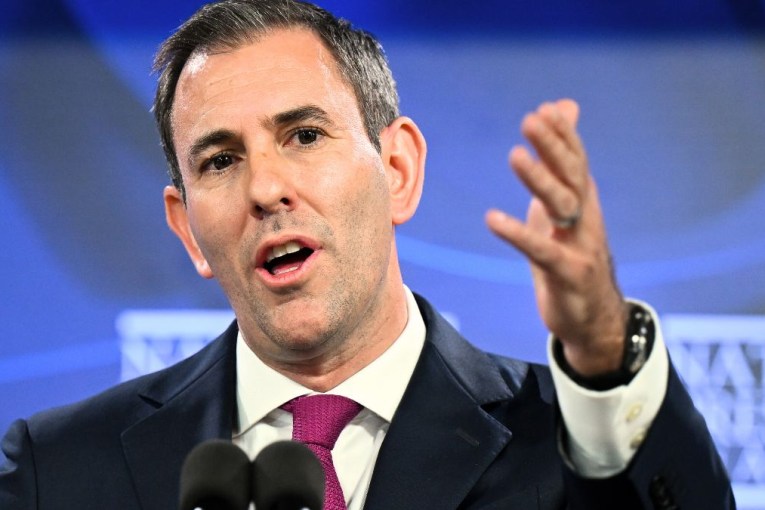Western Australia has the cheapest energy in the OECD, as prices go sky high in eastern states


Western Australia government legislation is behind the low gas prices. Photo: Getty
Energy costs have soared across Australia as war in Europe and shortages make themselves felt globally, except for those in Western Australia.
WA is an ‘‘energy price paradise with the lowest gas prices in the OECD’’, research from advisory firm EnergyQuest found.
‘‘WA’s gas and electricity pricing mechanisms mean the state has kept energy prices low at a time of crisis in the industries globally,’’ CEO Graeme Bethune said.
The dramatic difference in price between WA and the rest of the country is demonstrated in this chart.
WA wholesale domestic gas prices sat at $5.54 a gigajoule (GJ) in June, up 15 per cent from a year earlier.
Meanwhile, eastern state consumers faced a dramatic 346 per cent rise to $28.40 a GJ.
Electricity prices tell a similar story: WA domestic prices rose 12.6 per cent to $63.92 a megawatt hour (MW/h). The eastern states had a 334 per cent price hike.
That doesn’t mean domestic consumers will pay those staggering price increases in the eastern states.
But regulated energy prices have jumped between 5 and 18 per cent, depending on where you live.
Energy companies are feeling the squeeze, with some failing in recent months. The latest was Elysian Energy on Friday.
Major provider Origin Energy has warned that more are likely to follow.
Spiking prices in the eastern states mean retailers will be under pressure and more price rises for consumers are likely in years to come.
Why are WA gas prices low?
Back in 2005, the WA government demanded the big gas producers based in that state reserve 15 per cent of their production for the local market – this means WA residents don’t have to compete with the international market.
‘‘It was clearly a wise policy at the time,’’ Mr Bethune said.
It is a policy that cannot easily be adopted retrospectively by the eastern states market. But the Albanese government is committed to extending the life of a trigger mechanism introduced by the Coalition.
However, high prices alone won’t allow the ‘‘trigger’’ to be pulled – there has to be a shortfall in gas supply.
Even then, it could take up to a year to have an effect on prices.
Competitive electricity
It is not just in gas that WA has an advantage. The design of its electricity market has also kept prices down.
‘‘They put less weight on the energy component in power pricing,’’ Professor Bruce Mountain of Victoria University’s Energy Policy Centre said.
‘‘They are paid for capacity separately and that lowers prices at times like we have now with extraordinarily high gas prices,’’ he said.
This means that generators are paid a fee by the market for keeping their capacity online.
That, in turn, means they rely less on profiting from the sale of energy – so when prices spike they have less need to hit consumers with the full increase.
The introduction of such a capacity system is something that ‘‘the Victorian and NSW governments haven’t been that keen on’’, Mr Bethune said.
Their reluctance is mostly due to a common view in economics that it would effectively mean paying coal-fired generators to stay operational longer than necessary.
However, as the above chart shows, ‘‘WA has a higher proportion of renewables and a lower proportion of coal than the National Electricity Market (in the eastern states) does, and it has been achieved by turning economic orthodoxy on its head’’, Mr Bethune said.
Less coal
WA has only 38 per cent coal and 27 per cent renewables, while the NEM has 59 per cent coal and 23 per cent renewables.
The difference is made up by gas.
WA’s gas reserve system means that its state’s higher reliance on gas does not result in higher power prices for consumers.
Outside WA, participants ‘‘are now pondering their navel as to whether they want to change market design’’, Professor Mountain said.
WA’s performance looked good, he said, but “it’s a complex issue and there are no easy answers”.
That means regulators could move towards a WA-style regulatory system in the eastern states energy markets.
But any change would have to be slow and would not immediately deliver the advantages enjoyed by WA consumers now.








